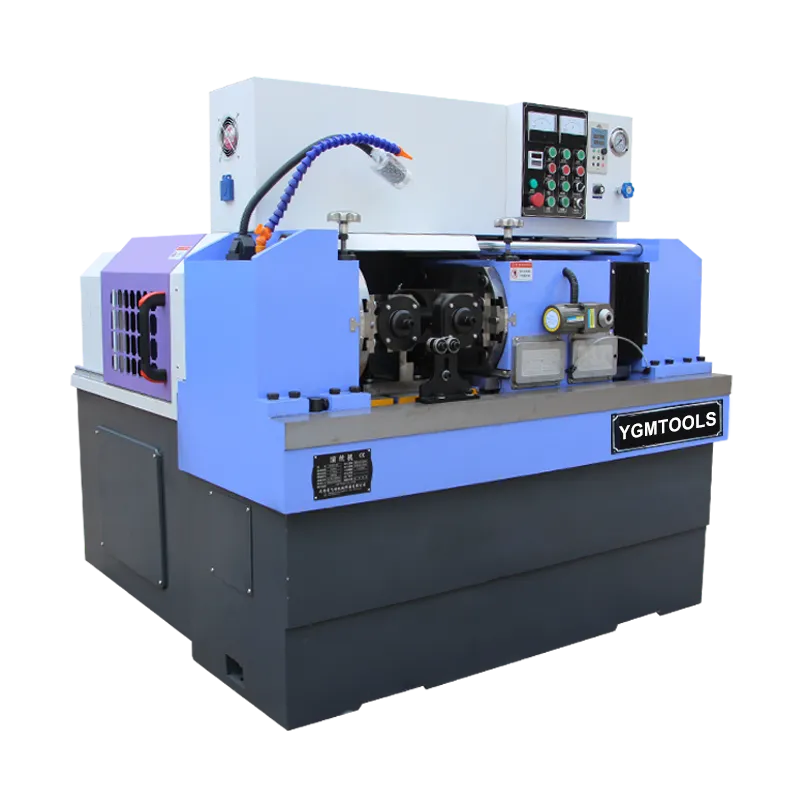
-
 Afrikaans
Afrikaans -
 Albanian
Albanian -
 Amharic
Amharic -
 Arabic
Arabic -
 Armenian
Armenian -
 Azerbaijani
Azerbaijani -
 Basque
Basque -
 Belarusian
Belarusian -
 Bengali
Bengali -
 Bosnian
Bosnian -
 Bulgarian
Bulgarian -
 Catalan
Catalan -
 Cebuano
Cebuano -
 Corsican
Corsican -
 Croatian
Croatian -
 Czech
Czech -
 Danish
Danish -
 Dutch
Dutch -
 English
English -
 Esperanto
Esperanto -
 Estonian
Estonian -
 Finnish
Finnish -
 French
French -
 Frisian
Frisian -
 Galician
Galician -
 Georgian
Georgian -
 German
German -
 Greek
Greek -
 Gujarati
Gujarati -
 Haitian Creole
Haitian Creole -
 hausa
hausa -
 hawaiian
hawaiian -
 Hebrew
Hebrew -
 Hindi
Hindi -
 Miao
Miao -
 Hungarian
Hungarian -
 Icelandic
Icelandic -
 igbo
igbo -
 Indonesian
Indonesian -
 irish
irish -
 Italian
Italian -
 Japanese
Japanese -
 Javanese
Javanese -
 Kannada
Kannada -
 kazakh
kazakh -
 Khmer
Khmer -
 Rwandese
Rwandese -
 Korean
Korean -
 Kurdish
Kurdish -
 Kyrgyz
Kyrgyz -
 Lao
Lao -
 Latin
Latin -
 Latvian
Latvian -
 Lithuanian
Lithuanian -
 Luxembourgish
Luxembourgish -
 Macedonian
Macedonian -
 Malgashi
Malgashi -
 Malay
Malay -
 Malayalam
Malayalam -
 Maltese
Maltese -
 Maori
Maori -
 Marathi
Marathi -
 Mongolian
Mongolian -
 Myanmar
Myanmar -
 Nepali
Nepali -
 Norwegian
Norwegian -
 Norwegian
Norwegian -
 Occitan
Occitan -
 Pashto
Pashto -
 Persian
Persian -
 Polish
Polish -
 Portuguese
Portuguese -
 Punjabi
Punjabi -
 Romanian
Romanian -
 Russian
Russian -
 Samoan
Samoan -
 Scottish Gaelic
Scottish Gaelic -
 Serbian
Serbian -
 Sesotho
Sesotho -
 Shona
Shona -
 Sindhi
Sindhi -
 Sinhala
Sinhala -
 Slovak
Slovak -
 Slovenian
Slovenian -
 Somali
Somali -
 Spanish
Spanish -
 Sundanese
Sundanese -
 Swahili
Swahili -
 Swedish
Swedish -
 Tagalog
Tagalog -
 Tajik
Tajik -
 Tamil
Tamil -
 Tatar
Tatar -
 Telugu
Telugu -
 Thai
Thai -
 Turkish
Turkish -
 Turkmen
Turkmen -
 Ukrainian
Ukrainian -
 Urdu
Urdu -
 Uighur
Uighur -
 Uzbek
Uzbek -
 Vietnamese
Vietnamese -
 Welsh
Welsh -
 Bantu
Bantu -
 Yiddish
Yiddish -
 Yoruba
Yoruba -
 Zulu
Zulu
thread rolling machines for sale manufacturer
Thread Rolling Machines for Sale A Comprehensive Overview for Manufacturers
In the rapidly evolving world of manufacturing, efficiency and precision are paramount. Among the various processes that contribute to these objectives, thread rolling has gained considerable attention. This technique, which involves the cold forging of threads onto a cylindrical workpiece, results in superior strength and durability compared to traditional methods. For manufacturers in search of quality thread rolling machines for sale, understanding the capabilities and advantages of these machines is essential.
What is Thread Rolling?
Thread rolling is a process where a rotary die is used to create threads on a metal workpiece through deformation. Unlike cutting processes, which remove material, thread rolling reshapes the material, leading to a denser and stronger thread. This method is particularly beneficial for high-volume production runs, as it enables quick processing and reduces material waste, ultimately lowering production costs.
Types of Thread Rolling Machines
There are several types of thread rolling machines available in the market, each designed for specific applications and materials. The main types include flat die rollers, cylindrical die rollers, and planetary rollers. Flat die machines are often used for smaller components, while cylindrical die rollers can accommodate larger workpieces. Planetary rollers are known for their ability to produce intricate thread forms with superior accuracy.
Key Features to Consider
When looking for thread rolling machines for sale, several features should be considered to ensure they meet the specific needs of your manufacturing operation
. These include1. Capacity and Size Determine the maximum size and weight of the workpieces the machine can handle. This is critical for avoiding limitations in your production capabilities.
thread rolling machines for sale manufacturer

2. Speed and Efficiency Look for machines that can operate at high speeds without sacrificing quality. Faster production rates can significantly enhance overall efficiency and output.
3. Material Compatibility Ensure that the machine can handle the materials you'll be using, whether they are steel, aluminum, or other alloys. Compatibility can affect the quality of the final product.
4. Ease of Use Consider machines with user-friendly controls and setup processes. This minimizes the time required for training operators and ensures smoother operation.
5. Durability and Maintenance A robust machine with low maintenance needs will reduce downtime and ensure long-term productivity. Look for models made from high-quality materials that can withstand the rigors of industrial use.
Benefits of Investing in Thread Rolling Machines
Investing in thread rolling machines offers numerous advantages for manufacturers. These machines can produce highly precise threads that require minimal finishing, saving time and costs. Additionally, the cold working process strengthens the threads, making them more resistant to wear and fatigue. As a result, products manufactured with thread rolling exhibit improved performance and longevity.
Conclusion
For manufacturers seeking to enhance their production capabilities, thread rolling machines represent a strategic investment. Understanding the various types and essential features of these machines is crucial for making an informed decision. With the right equipment, manufacturers can significantly increase efficiency, reduce costs, and deliver high-quality threaded components that meet the demands of an ever-evolving market. As the industry continues to advance, staying updated on available machines for sale will ensure competitiveness in the manufacturing landscape.
